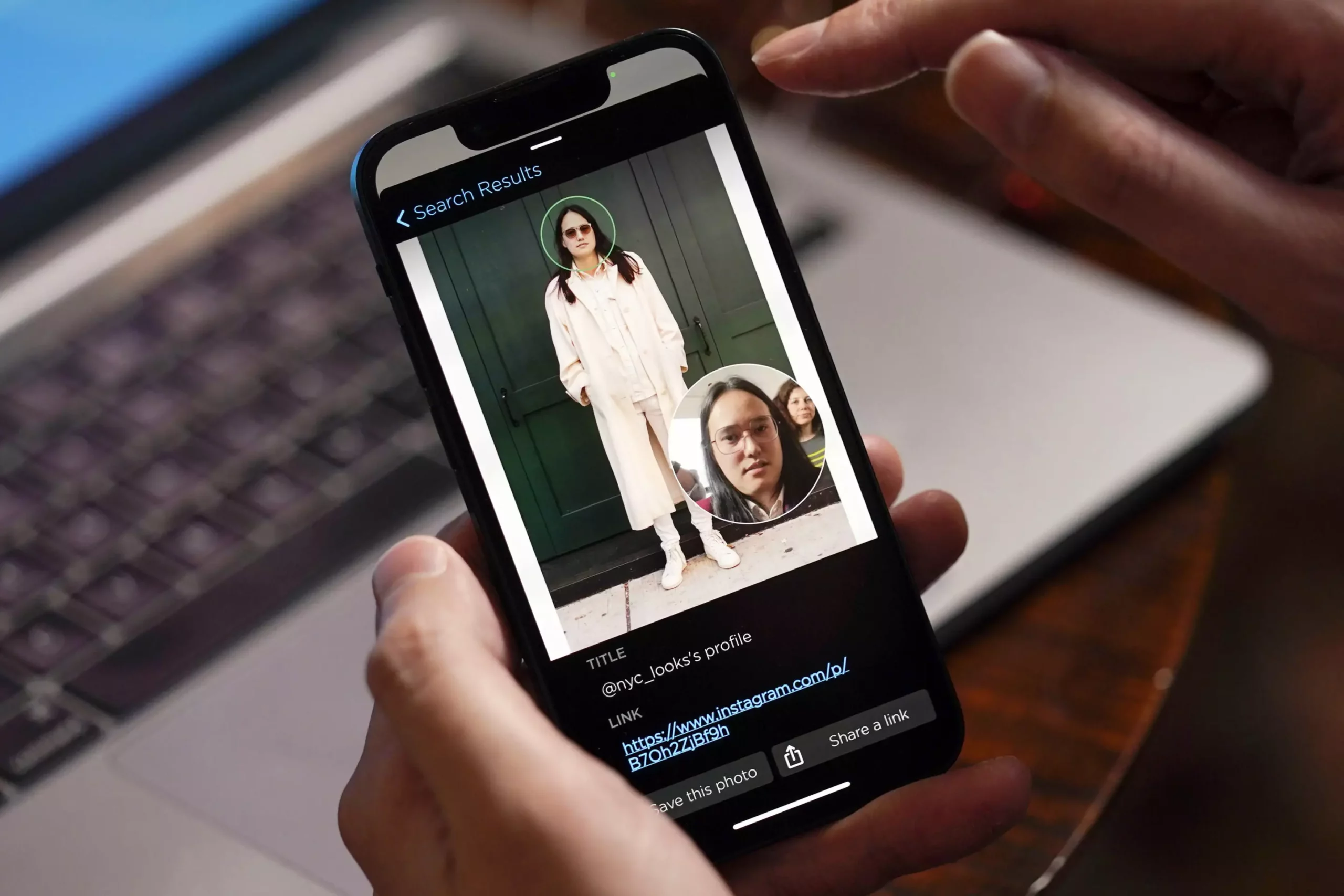The facial recognition startup Clearview AI recently settled in an Illinois lawsuit, where it was alleged that the company’s collection of faces violated the subjects’ privacy rights. This unique settlement is estimated to be worth over $50 million and involves a non-traditional payout structure that gives plaintiffs a share of Clearview’s potential value.
Judge Sharon Johnson Coleman of the Northern District of Illinois granted preliminary approval to the settlement, which consolidated lawsuits from across the U.S. against Clearview. The company acquired photos from social media and other online sources to create a database that it sold to businesses, individuals, and government entities. The settlement prohibits Clearview from selling access to its database to private businesses or individuals but allows continued collaboration with federal agencies and local law enforcement outside Illinois.
Reaction and Response
While Clearview does not admit any liability as part of the settlement agreement, attorney James Thompson expressed the company’s satisfaction with the resolution. Lead plaintiffs’ attorney Jon Loevy referred to it as a “creative solution” due to Clearview’s financial constraints. The settlement aims to allow victims of privacy breaches to participate in any potential future gains, thus reclaiming ownership of their biometric data.
Scope of Eligibility
The settlement agreement is broad in its scope, encompassing individuals whose images or data are in Clearview’s database and who lived in the U.S. since July 1, 2017. A national campaign will be launched to notify eligible plaintiffs, ensuring widespread awareness and participation. The agreement was developed with the assistance of retired federal judge Wayne Andersen, who emphasized Clearview’s financial inability to withstand a legal judgment.
Despite the settlement, some privacy advocates and other individuals pursuing legal action against Clearview view the agreement as inadequate. Attorney Sejal Zota, representing plaintiffs in a California lawsuit, criticized the settlement for legitimizing Clearview without addressing the core issue at hand. The failure to instigate significant changes in the company’s operations raises concerns about the effectiveness of the settlement in rectifying privacy violations.
Final Thoughts
The Clearview AI settlement represents a significant legal development in the field of digital privacy rights. While it provides a financial resolution for affected individuals, the non-traditional payout structure and lack of admission of liability raise questions about the extent of accountability held by Clearview. Moving forward, it is essential to monitor the company’s actions and the impact of the settlement on future privacy practices in the realm of facial recognition technology.


Leave a Reply